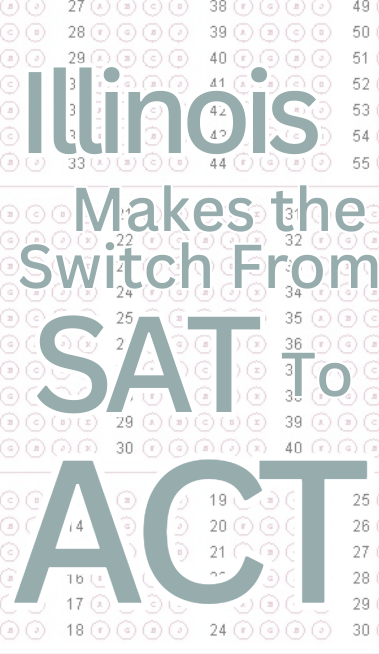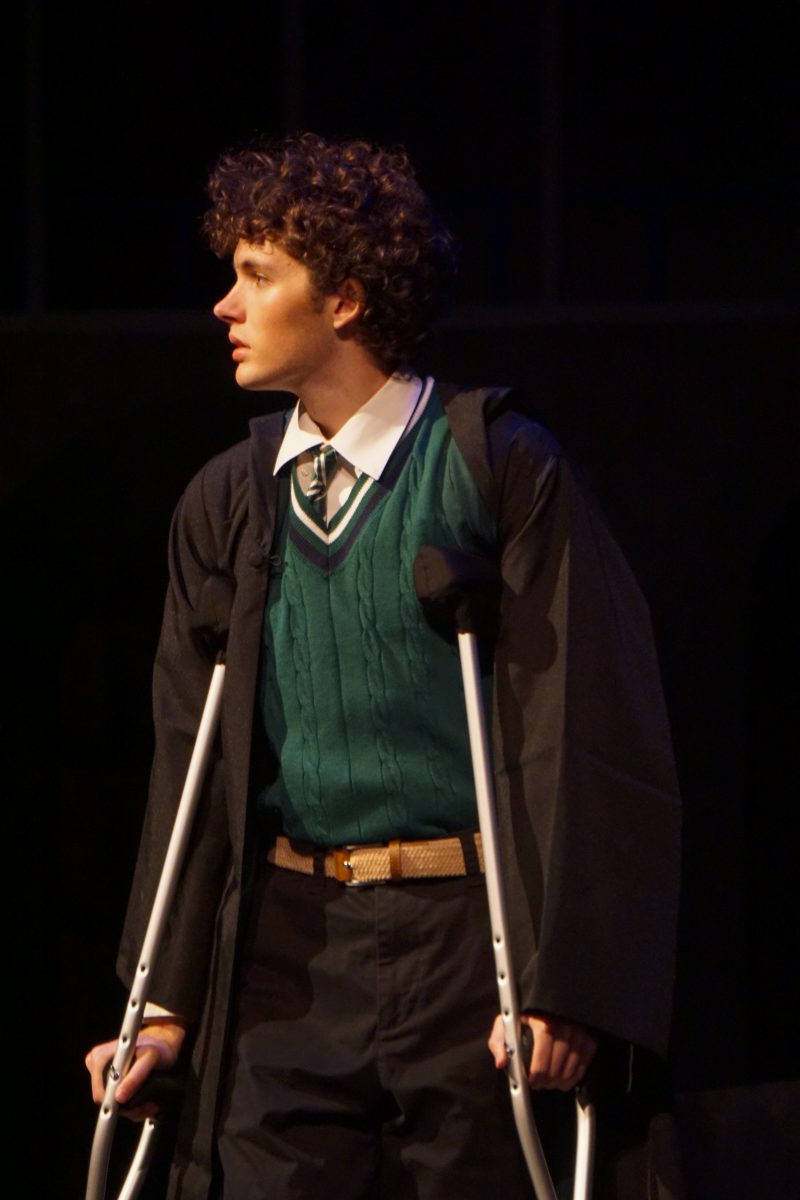Starting on January 22, York began implementing a series of new policies pertaining to tardies. As of now, students will no longer scan their IDs to get passes when late, but instead will be allowed to go straight to class, leaving the possibility of getting a tardy up to the teachers.
As aforementioned in an email from Principal Jessica Hurt, excessive tardiness will result in a series of steps, beginning with a talking to from your teacher, then a talk with parents and eventually worse consequences, such as a loss of privileges or detention. In addition to this new policy, there is also a new bell, warning students that they have one minute until class.
“The previous system did not hold students accountable but also did not communicate to families or to students about their tardies,” Hurt said. “Now, we can have reasonable consequences and are able to communicate these issues with both students and families.”
Although new, many students have controversial takes on this new policy already, deeming it as either beneficial or more harmful to the system.
“I think the policy is a good thing- it really keeps me from being late and the new bell is also very helpful,” junior Jack Birnbaum said.
It seems a benefit to this new policy is the fact that now, students will no longer have to walk to class just to be told to go back down to get a pass, or wait in a long line to swipe their IDs which ultimately results in a longer delay in getting to class. Instead, they can now go to class right away.
“It’s great that now we don’t have to waste time getting passes from downstairs,” Birnbaum said. “Instead, we can get right to class.”
This will also prevent students from scanning their IDs, grabbing their passes, and then proceeding not to go to class and roaming the halls, as some do often. A stealthy method, but not one with integrity.
“I know several people who used to swipe their IDs, get their passes and then not go to class, so hopefully this will help motivate those people to go to class.” Kayla Barclay, junior, said.
Additionally, now teachers will be able to communicate with parents about their students’ tardiness, giving a purpose to the concept of a tardy slip, something previously lacked in the old system. Having consequences for being late will hopefully continue to motivate students to be on time, not just in school but on the outside as well.
“We want to get students used to structure — we want it to be clear to students that these are our expectations, and we want to support students in meeting those expectations.” Hurt said.
As said by Hurt, the new policy aims to provide students with structure, which will ultimately prepare them for their future. Whether it’s a career or college, it is always important to be on time, and it is also important for students to recognize that in the future there will not be as much leniency.
“We want to encourage students to understand why it is important to be on time- from a school standpoint but also as a life skill.” Assistant Principal for Culture and Climate Tim Dykes said.
On the contrary, students were quick to point out a more negative side, one that always comes with change.
“I feel like the new policy isn’t going to do much for the kids, especially those who are consistently late. Also the fact that it was implemented halfway through the school year doesn’t help.” Shayla McLaughlin, senior, said.
Now teachers will be the ones giving out the discipline in relation to tardies instead of the deans, which may alter the equity of the policy. Some teachers may be more understanding when it comes to tardies, while others may not be as forgiving, leaving for a possible bias within the system itself, as senior Ashlyn Hull recognized.
“I think the new tardy policy might be biased, especially if we are having each individual teacher decide if the students are tardy or not and what the consequences are for each student.” Hull said.
An additional rule recently implemented was that students in gym classes must leave when the bell rings rather than a few minutes before the bell, as previously done. Considering a majority of these students are on the other side of the school from their next class and have a mere five to six minutes to get there, we will only begin to see how this might grow the amount of tardies on a daily basis.
“Another thing is that students may now feel less obligated to show up if they are already late to class, considering they will be marked absent after the first 15 minutes.” Hull said. “They will feel less motivated to attend if not being given credit for it.”
This new policy may not be as beneficial for students who have little control over their tardiness, whether they are coming from another side of the school or having trouble finding a timely ride in the first place, they could only hope to have an understanding teacher the following period.
“It is also important to consider how this policy will affect students who have trouble getting to school in the first place.” McLaughlin said. “It’s not fair for those students- and how it is up to the teacher if they want to consider them tardy or not.”
If all continues to go well, this new policy will continue to encourage students to get to class on time more as we start to see its effects in the upcoming weeks.
“More students in class for more of the time- that is the ultimate goal.” Dykes said.















